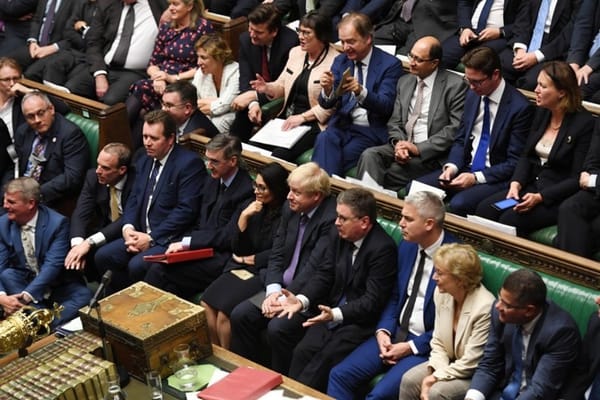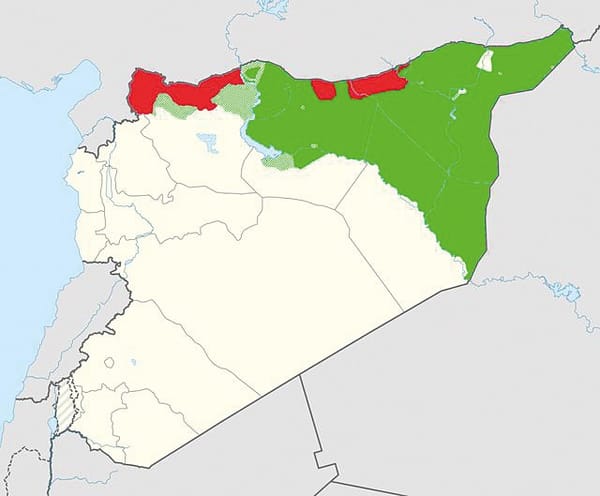Protests Sparked Over Political Stagnation in Chile
How a $0.04 rise in metro fares has has led to fatal protests in a country plagued by inequality

Over the past two weeks large scale protests have engulfed Chile’s capital, Santiago, and spread to neighbouring cities. Triggered by a now-suspended rise in the price of metro fares in Santiago, police brutality has sparked further resistance from the public. Felipe Hernandez, a law student who was gathering case studies at a local hospital, told a reporter that “There was a journalism student who was beaten so badly she could not talk, or remember her name. Her whole body was bruised after being kicked and clubbed.” This is just one case of many, with at least 470 people suffering bullet wounds at the hands of law enforcement and over 20 fatalities as a result. Last weekend saw the demonstrations peak with at least one million people gathering in the capital to corroborate their displeasure over the state of Chile’s socioeconomic landscape. High healthcare costs, inaccessible education fees and huge disparities in income equality were prevalent issues addressed on the tens of thousands of placards displayed over the past fotnight.
The countries attempts to manage the demonstrations with the deployment of armed forces has been criticised as an attempt to quash the movement, derived from desperation and deep rooted structural inequality, before it was able to build momentum. In reality, such actions further polarised a country that has been labelled by the Organisation for Economic Co-operation and Development as the most unequal country of the world’s thirty richest nations, with the richest twenty percent earning almost nine times more than the poorest twenty percent. The protests haven’t been for nothing, however, with the country’s president Sebastián Piñera announced a reshuffling of his cabinet in which he will replace eight ministers, including interior and finance, despite declaring that authorities were ‘in a state of war’ with protestors late last week. There have also been changes to the ministries of economy, labour and sports. Chile also announced on Wednesday that it would be pulling out of its role as host of two international summits, including a UN conference on climate change, which may be disappointing to certain leaders of less developed countries who were hoping to use the location to highlight a need for financial support from economic superpowers to the LEDCs who will be affected most by the crisis.
The problem of inequality in Chile was highlighted over the weekend, when it was reported that there was a distinct lack of availability of medical care for people injured in the protests with staff blaming inadequate medical supplies, including shortages in surgical gloves, syringes and masks in the country’s capital. In fact, supplies reached such a scarcity that practitioners were forced to withhold medical supplies from patients who were near death in favour of those in a better physical condition, according to an unnamed healthcare worker in Santiago. A Chilean physician estimated that multiple patients a week died due to a lack of basic equipment. One central hospital in particular, Posta Central, has seen its deputy director ban human rights observers from entering and staff have been seen buying padlocks to prevent further access to the facility. This is in stark contrast to private hospitals nearby which were under no such pressures.
Historically, state welfare has been a major issue in Chilean politics. The privatisation of both healthcare and pensions occurred in the 1970s and remained largely unchanged until the early 2000s, during which a centre-left coalition, known as the Concertación, introduced a minimum pension for the bottom sixty percent of earners. The reform, although a step in the right direction for many, lacked the impact that many Chileans were hoping for and economic inequality has been a persistent problem. The country is no stranger to political activism, most recently due to the unaffordable state of education due to privatisation, which spurred student movements at the end of the last decade. However, political parties in Chile have continued business as usual without further reform. In light of the current unrest in the country, it’s clear that the people of Chile want drastic economic reform and improvements to a welfare system that is considered archaic by many.







